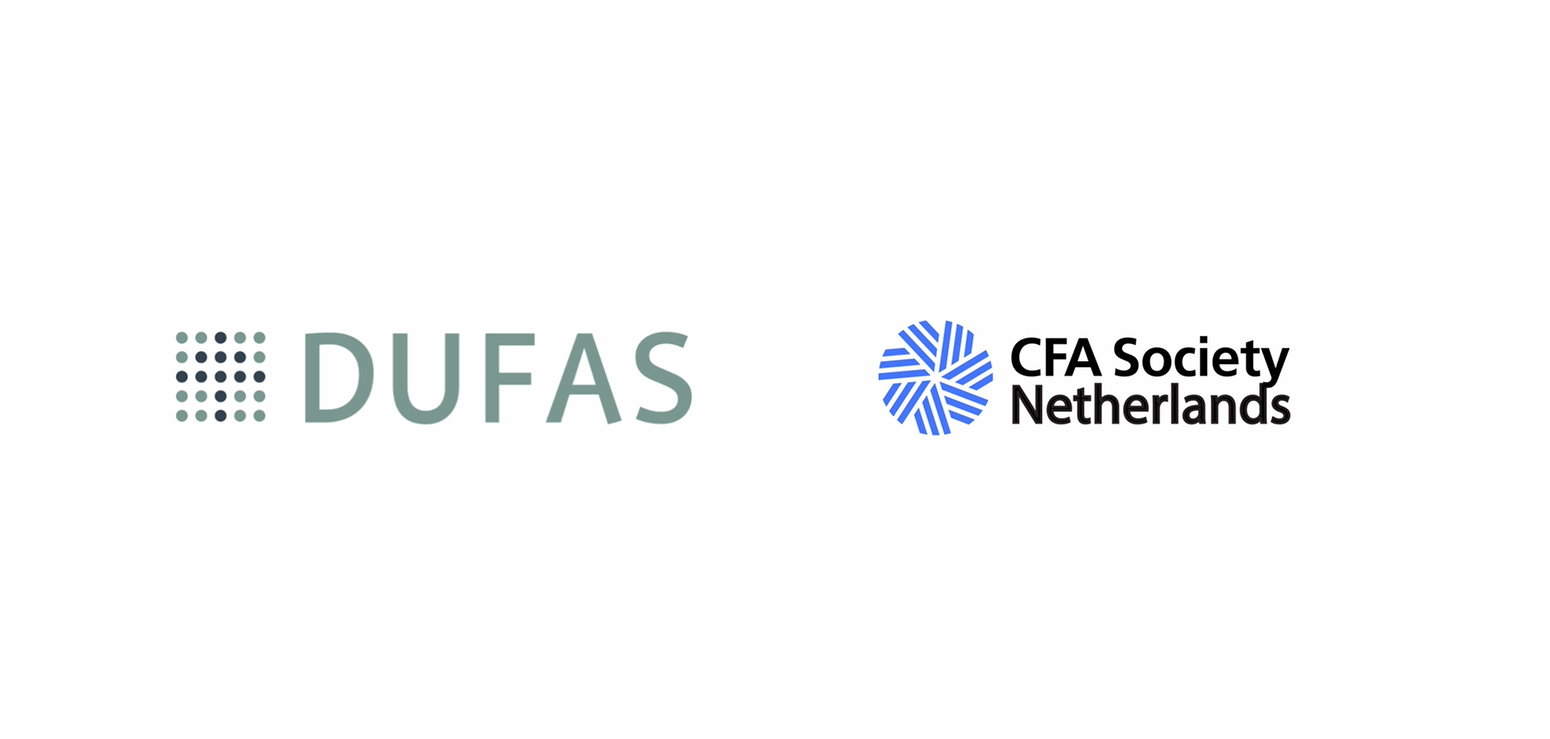Direct op de hoogte
Sorteer op:

In November, together with CFA Society Netherlands, we hosted the Inclusive Leadership Today event. Throughout the day, we explored how inclusive leadership strengthens decision-making, enhances investment outcomes and builds resilience in times of change. An inclusive culture creates space for open dialogue — a key driver of success in investment management. A message that stood at the heart of the event. We are proud to look back on an inspiring and successful event.

Op 4 december publiceerde de Europese Commissie het Market Integration & Supervision Package (het ‘MIP-package’). Het pakket past binnen de bredere Savings and Investments Union-agenda en onderstreept de ambitie om kapitaal binnen de EU efficiënter te mobiliseren. Met dit pakket zet de Commissie een belangrijke stap richting verdere integratie van de Europese kapitaalmarkten, met als doel grensoverschrijdende kapitaalstromen te vergemakkelijken en marktfragmentatie te verminderen. Voor onze sector bevat het MIP-package meerdere relevante onderdelen. Het pakket biedt kansen om bij te dragen aan een beter functionerende interne markt, waarin grensoverschrijdende activiteiten worden vereenvoudigd en Europese vermogensbeheerders hun rol in de financiering van de economie verder kunnen versterken. Afgelopen zomer reageerde we vanuit DUFAS op de consultatie.

Om onze brede welvaart en ons verdienvermogen ook in de toekomst te kunnen garanderen, heeft Nederland grotere economische veerkracht nodig. Voor benodigde investeringen in en financiering van onder meer digitalisering, defensie en de energietransitie zijn acties en maatregelen nodig om de financiële sector de rol te geven die zij hiervoor kunnen en willen vervullen. Die oproep doet een brede coalitie van organisaties bedrijfsleven en financiële sector aan de informateur, de onderhandelende partijen én politiek en maatschappij in den brede.

Het Omnibus-stof is nog niet neergedaald, of de Europese Commissie heeft eind november alweer een volgend belangrijk voorstel gepubliceerd, namelijk voor herziening van de Sustainable Finance Disclosure Regulation (SFDR). De SFDR was in 2019 een van de eerste bouwstenen van het Europese raamwerk voor duurzame financiering. Omdat daarmee de transparantie rond duurzame financiële producten bij wet werd geregeld, heeft de SFDR een belangrijke bijdrage geleverd aan de verdere integratie van duurzaamheid in financiële producten en diensten. In de praktijk kwamen er echter al gauw onvolkomenheden aan het licht. Het was dus hoog tijd om de SFDR beter te laten aansluiten bij de behoeften van klanten en aanbieders van financiële producten.

The European Commission is gathering input for improvements to be made to the EU Taxonomy, the classification system that defines criteria for environmentally sustainable economic activities. A key instrument, the Taxonomy is at the heart of the EU’s sustainable finance framework.

De formatie is aan de gang. Formateur Buma is in gesprek met D66 en CDA om tot een inhoudelijke agenda te komen voor het vervolg van de formatie. Recentelijk stuurden we een brief met daarin onze input voor de formatietafel. Dit in lijn met de eerdere brief die we hebben geschreven in aanloop naar de verkiezingen.

De wereld van pensioenen en vermogensbeheer is een wereld van roomblanke, hoogopgeleide mannen in pak. Het is een vooroordeel. Tegelijk valt lastig te ontkennen dat daar een kern van waarheid in zit. Als je mensen wilt overtuigen van individueel beleggen als alternatief voor sparen, helpt het niet als ze zich daar niet in herkennen. Lisanne Molina en Ric van Weelden adviseren DUFAS hoe je daarmee om moet gaan. Ze hebben een aantal tips voor iedereen die in deze sector werkt.

Agathi Pafili, Vice President and Head of Government Relations Europe at Capital Group, sees an important role for the asset management sector in light of the European Commission’s ambitions on the Savings and Investment Union. Capital Group has joined DUFAS this summer. For an international asset manager like Capital Group, it is essential to work together with associations like DUFAS in both Brussels and the Netherlands, ensuring that the sector’s perspectives are well-represented in shaping Europe’s financial future.

Elke twee jaar benoemt DUFAS nieuwe voorzitters voor haar commissies.


14 oktober vond bij BNR Nieuwsradio het Financedebat plaats, mede mogelijk gemaakt door DUFAS, samen met de Nederlandse Vereniging voor Banken en de Nederlandse Vereniging voor Participatiemaatschappijen.

Als het volgende kabinet Nederlanders aan het beleggen wil krijgen, kan het inspiratie opdoen in Zweden. Dat zegt Jeroen van Wijngaarden, directeur van DUFAS, de branchevereniging van vermogensbeheerders in de Telegraaf.